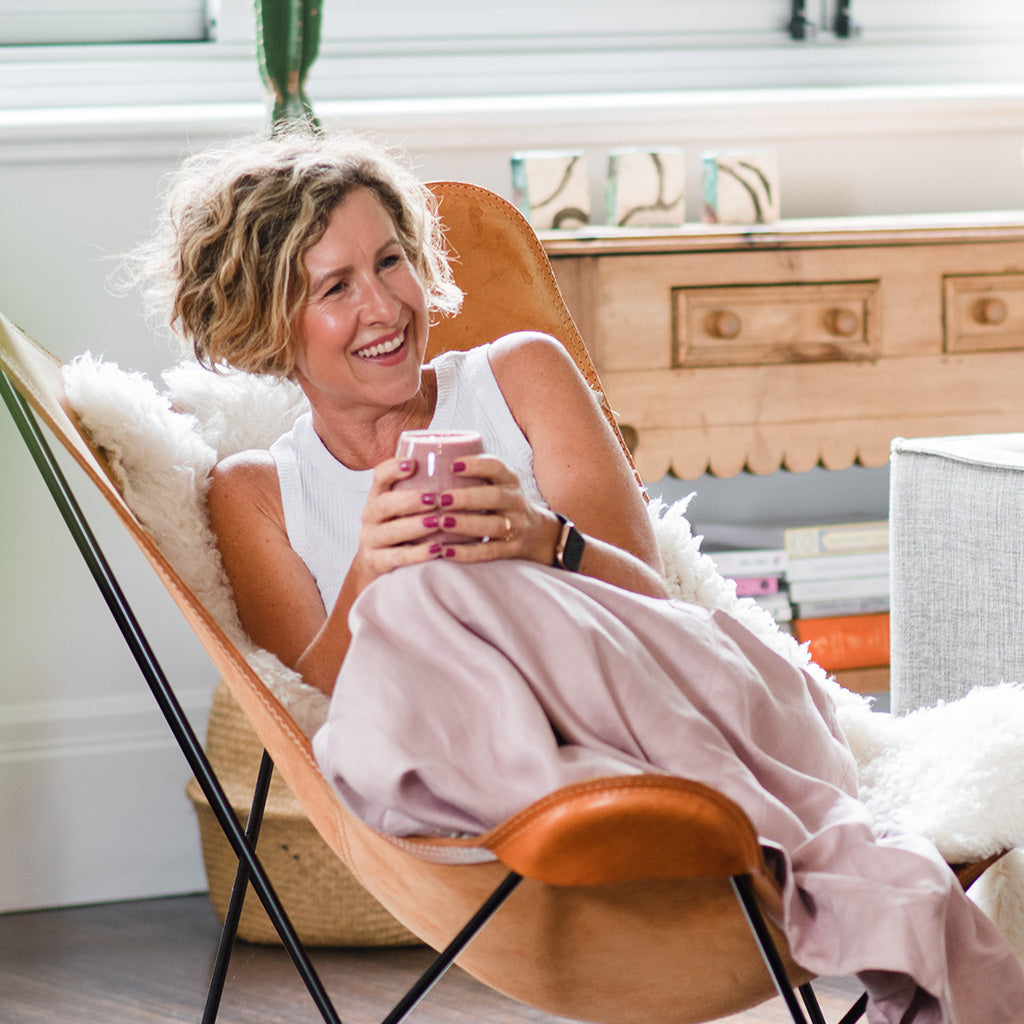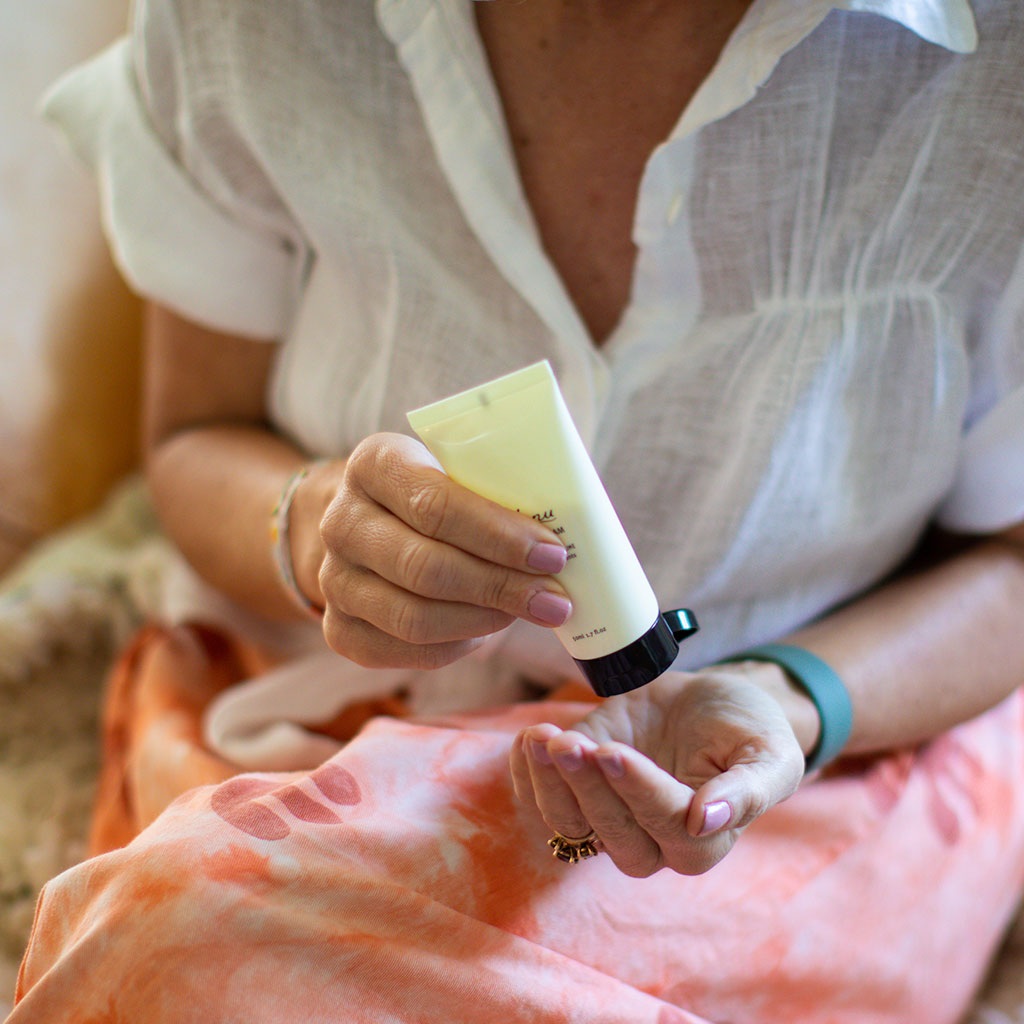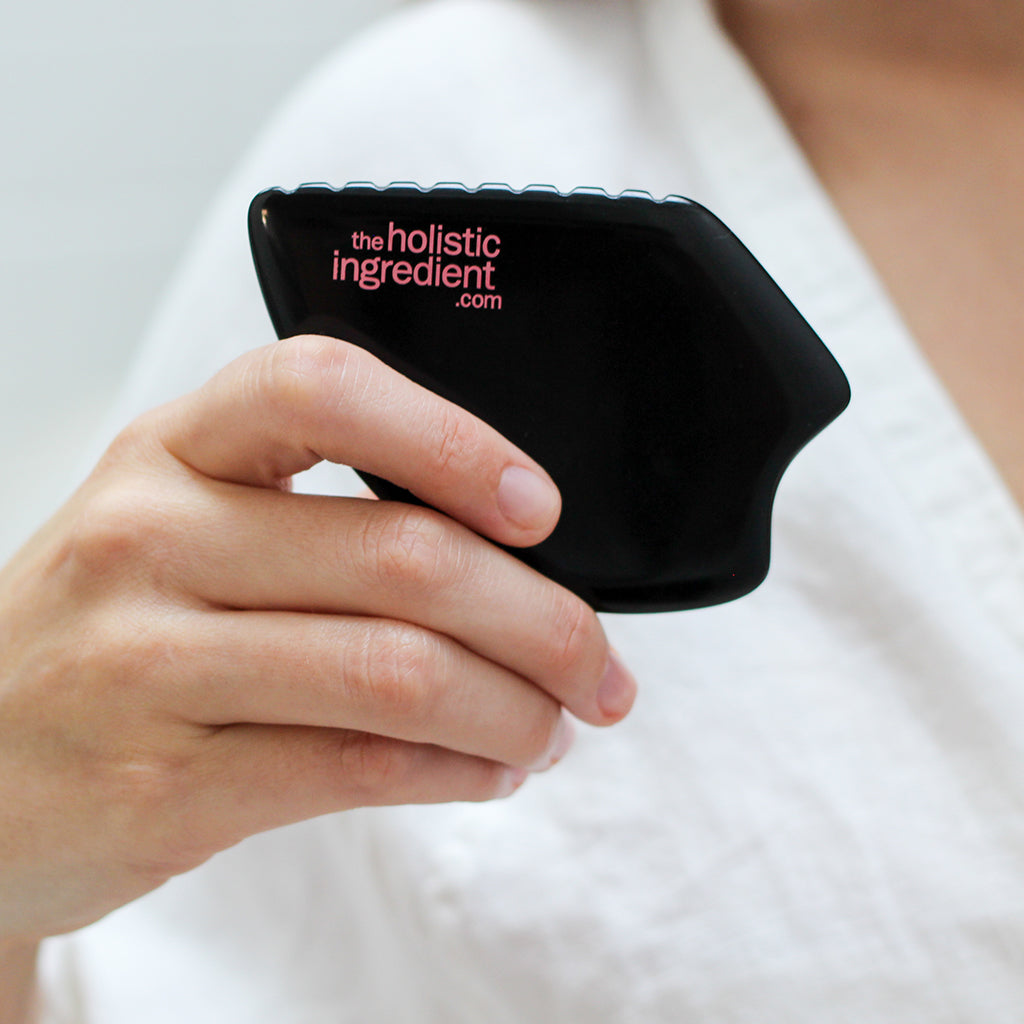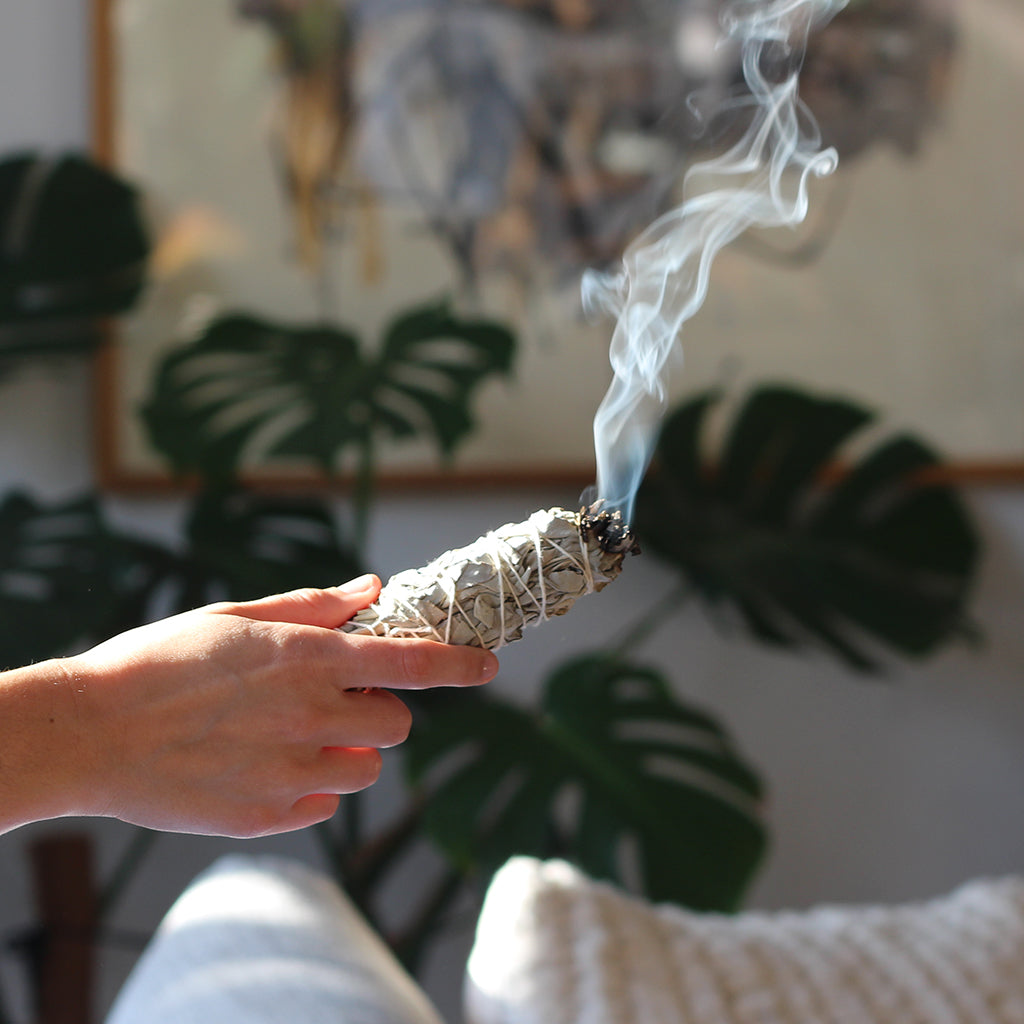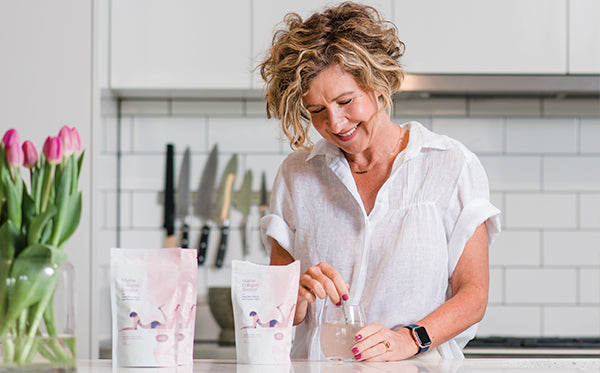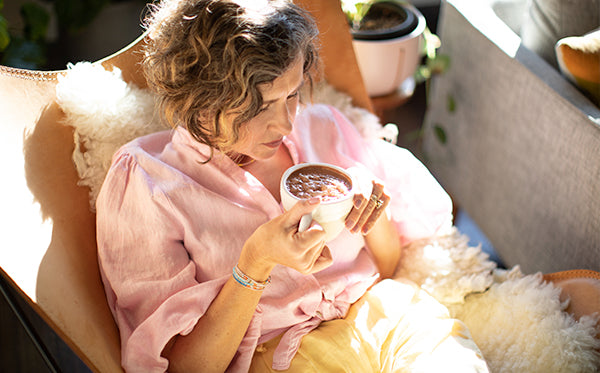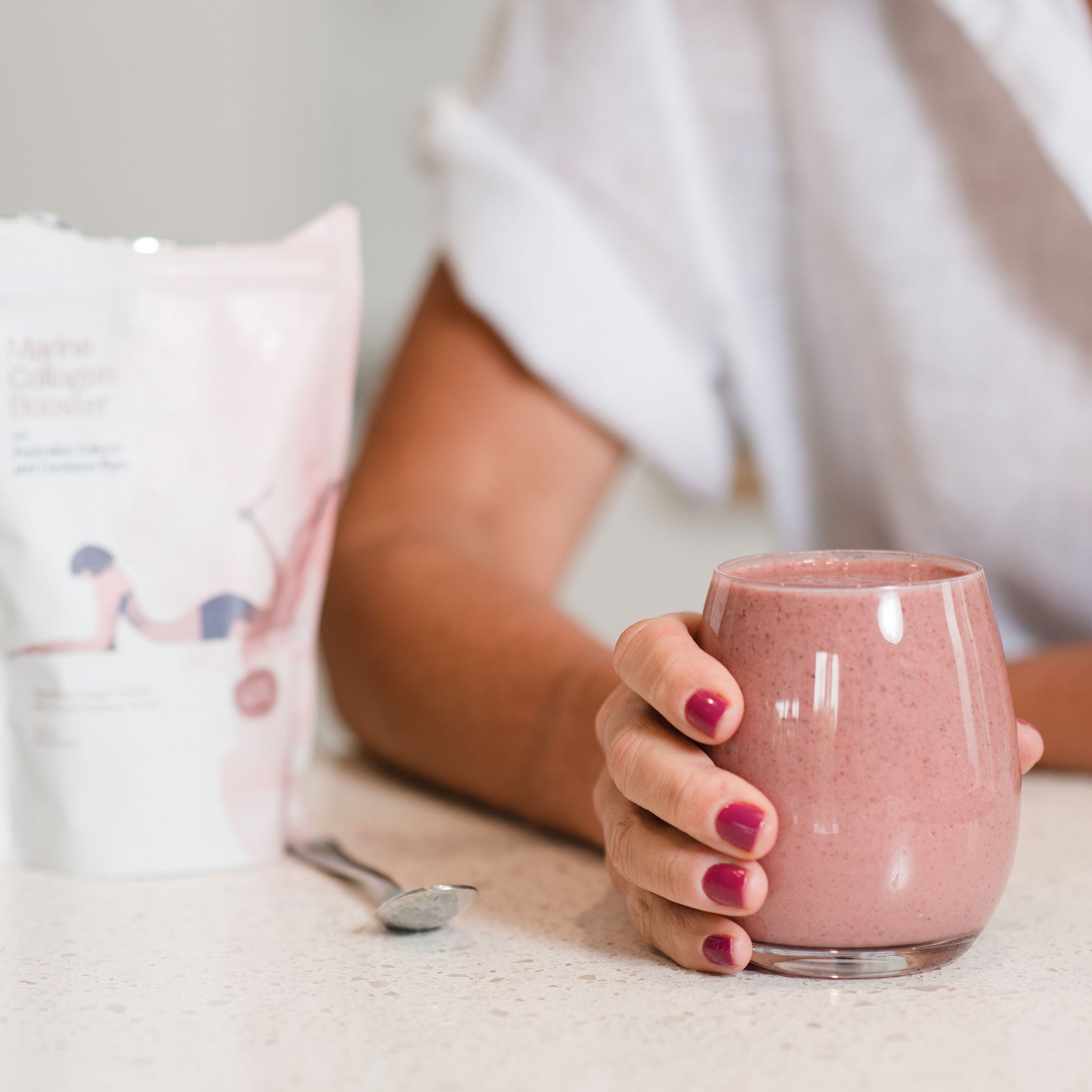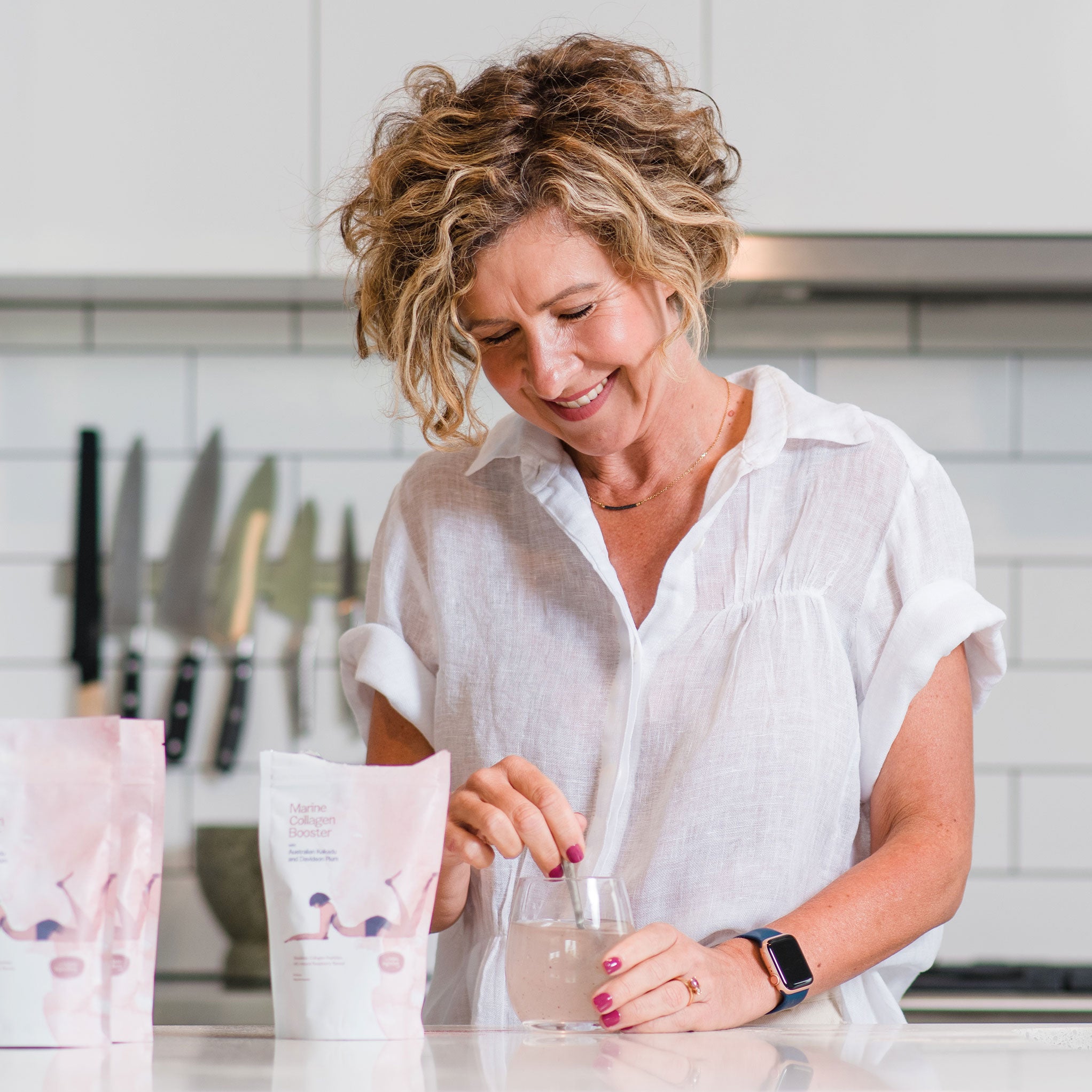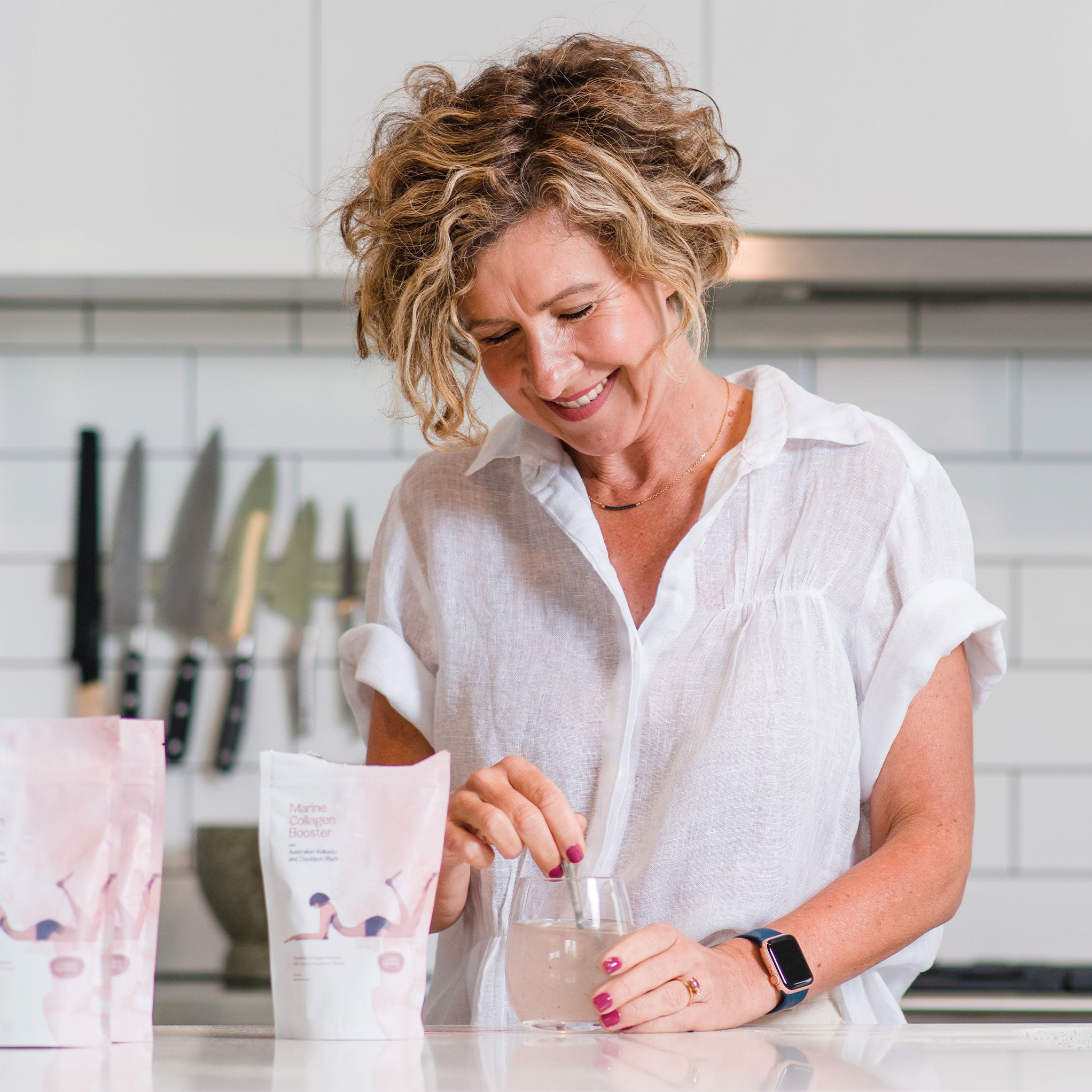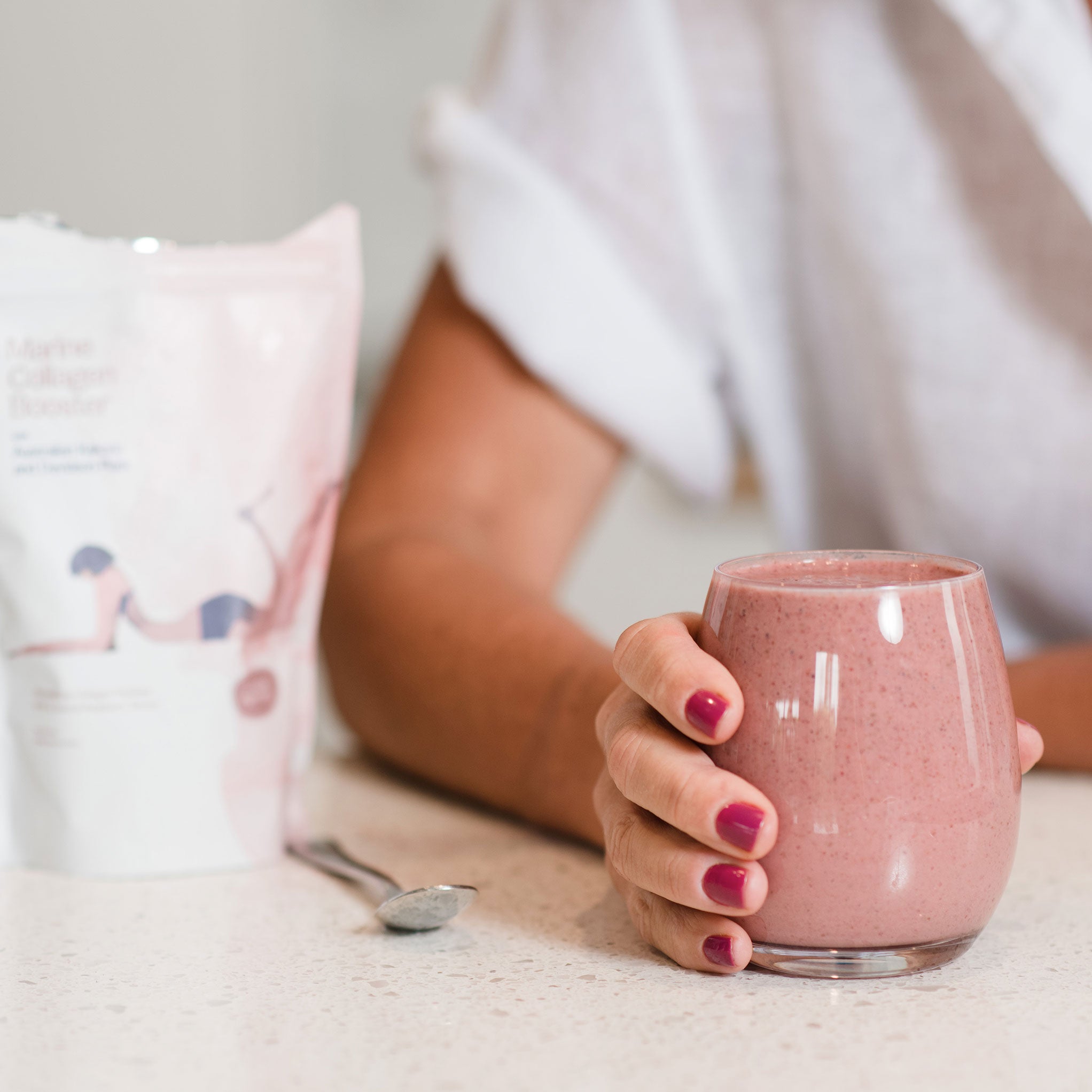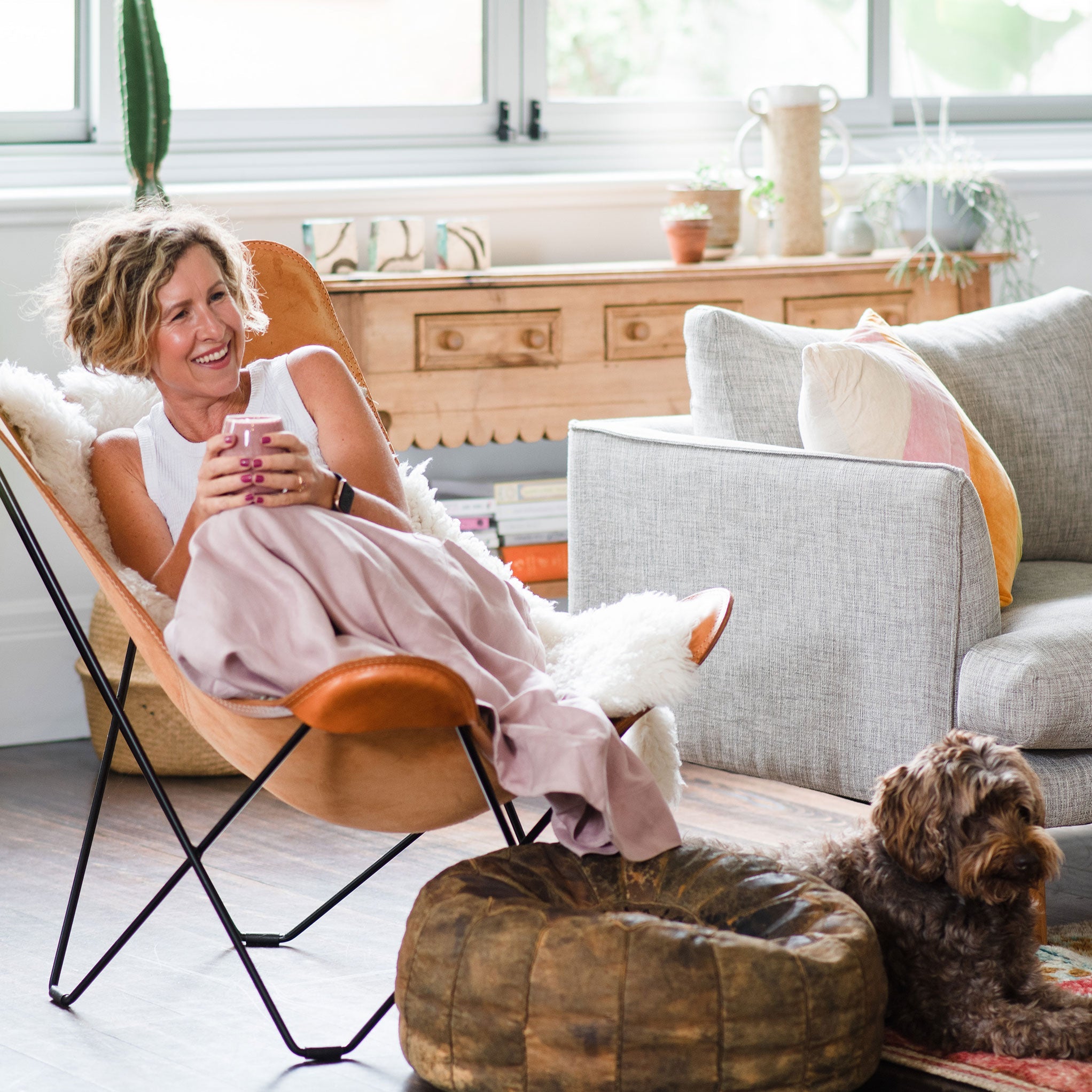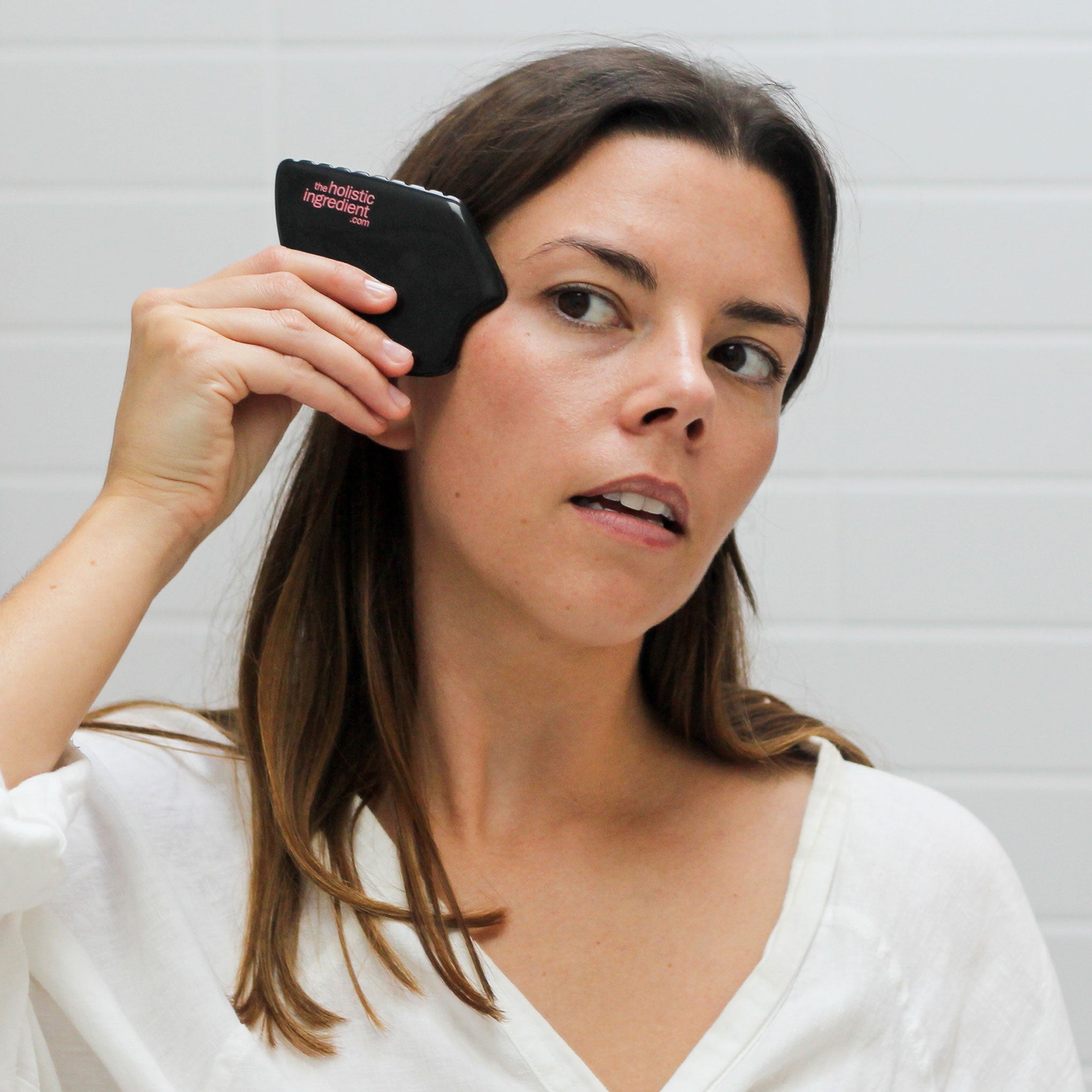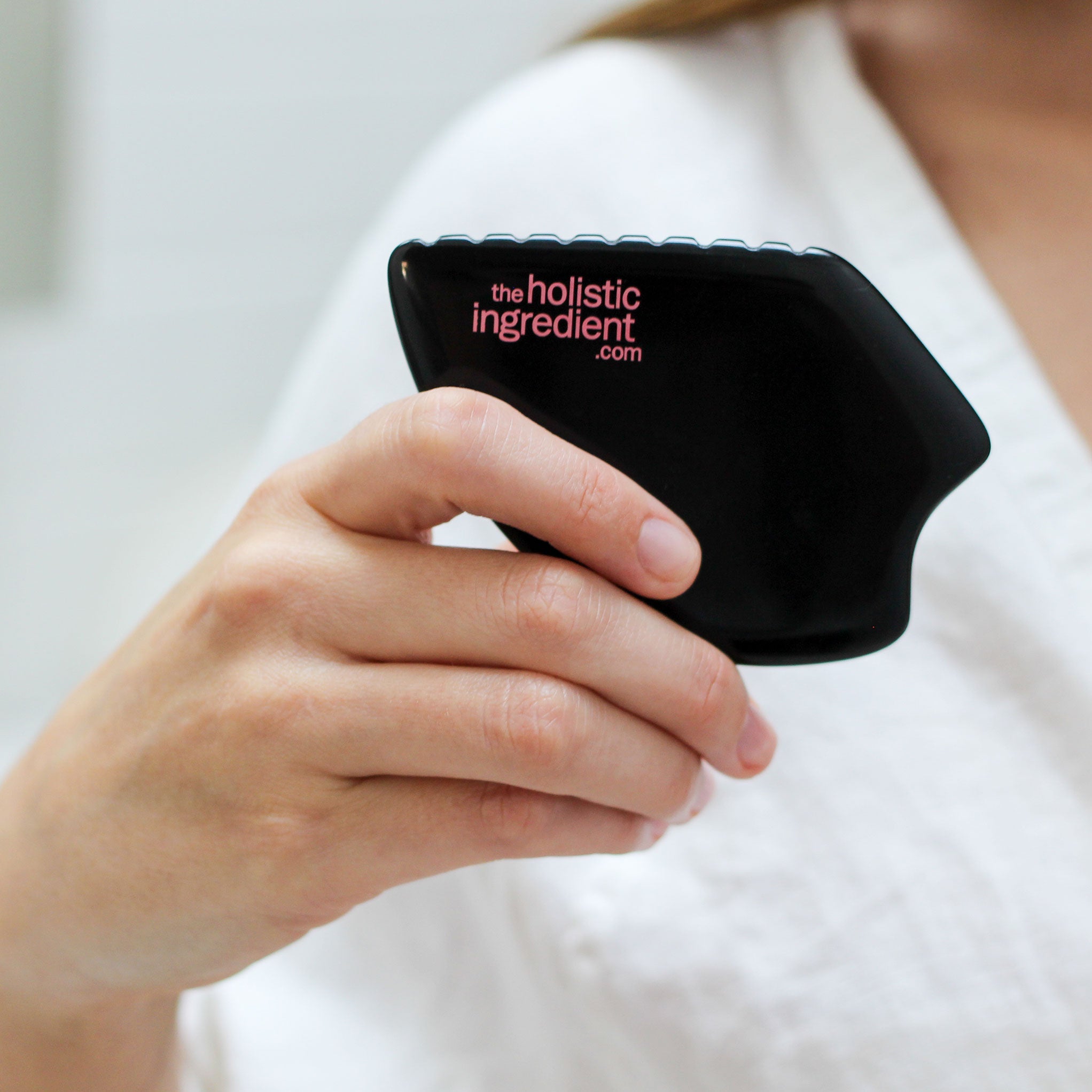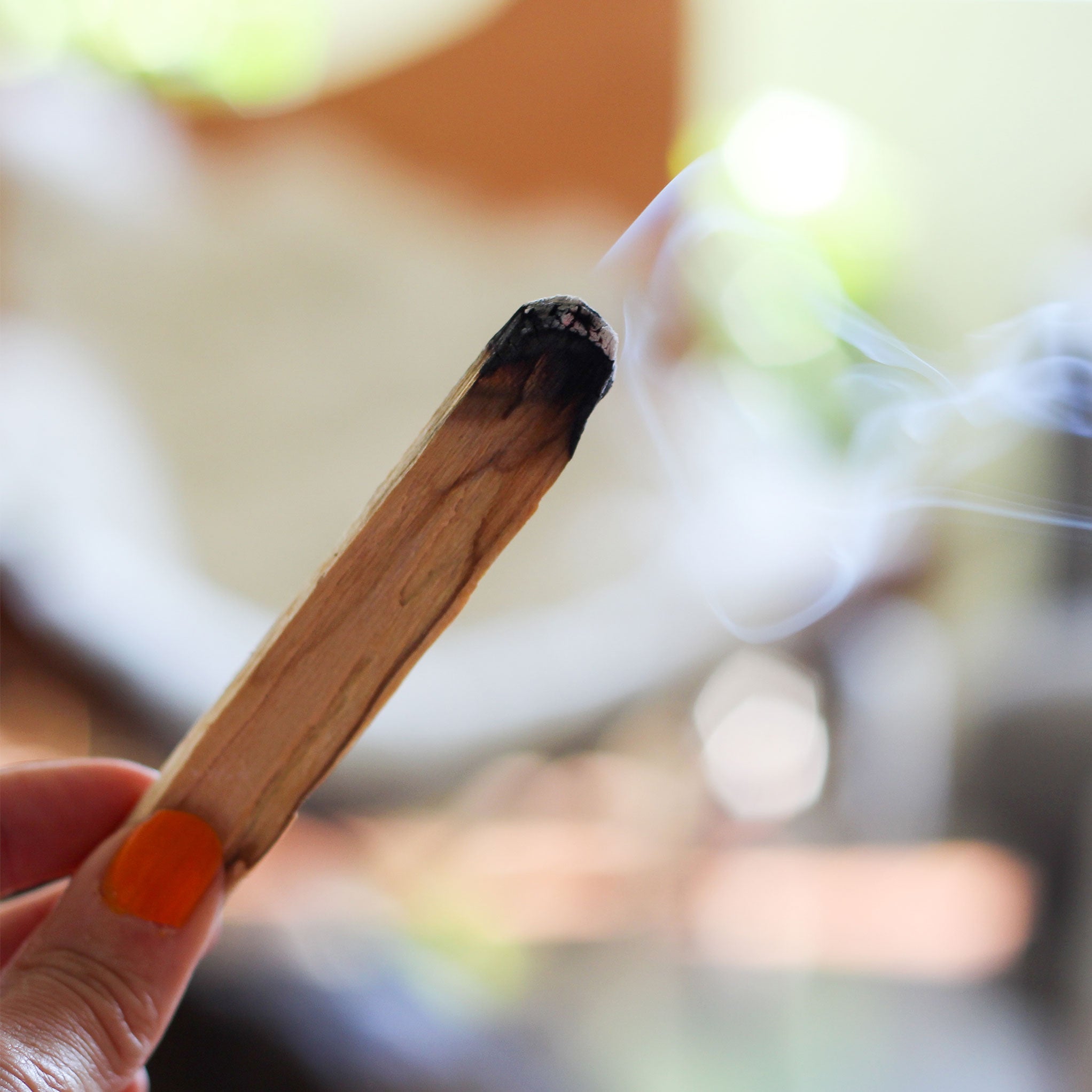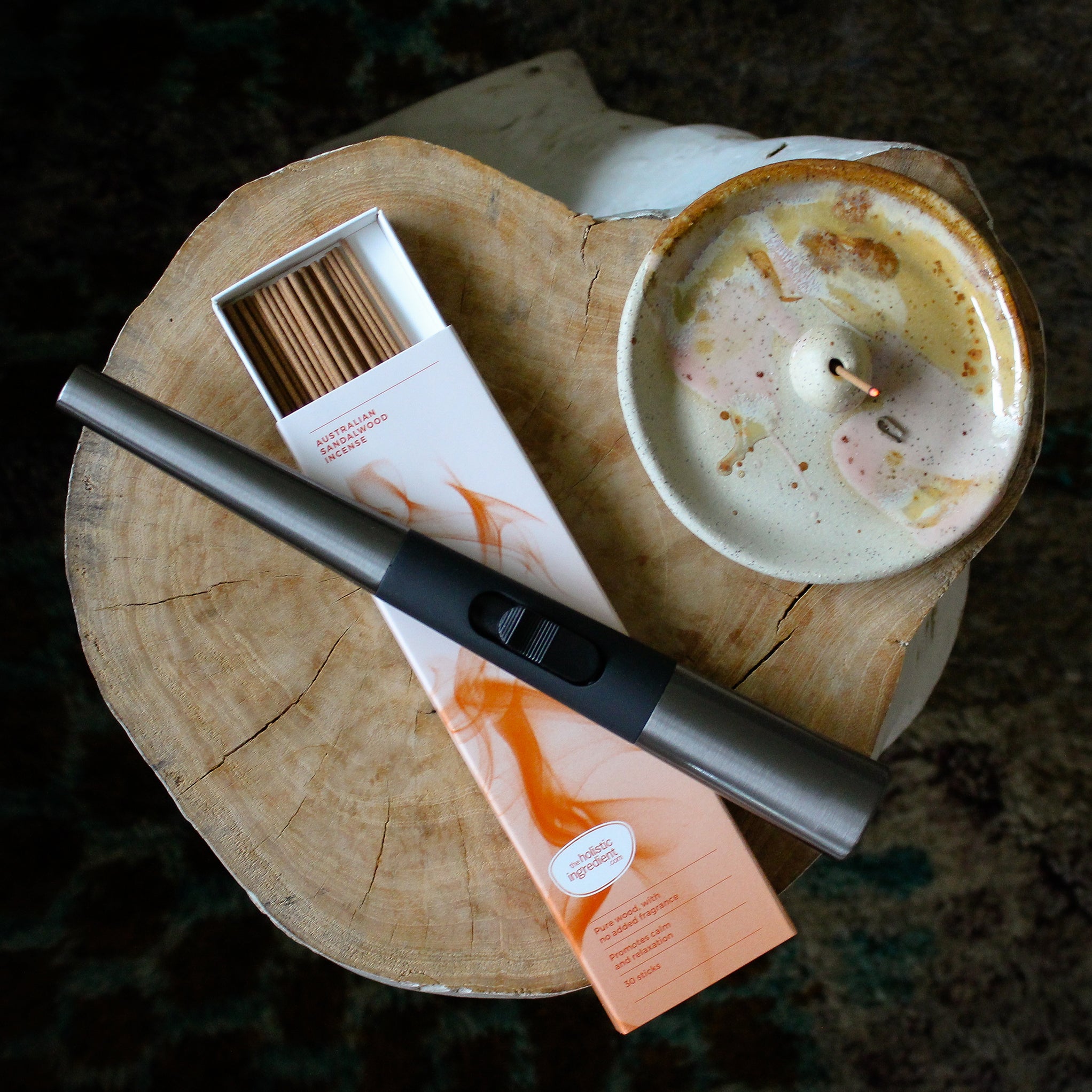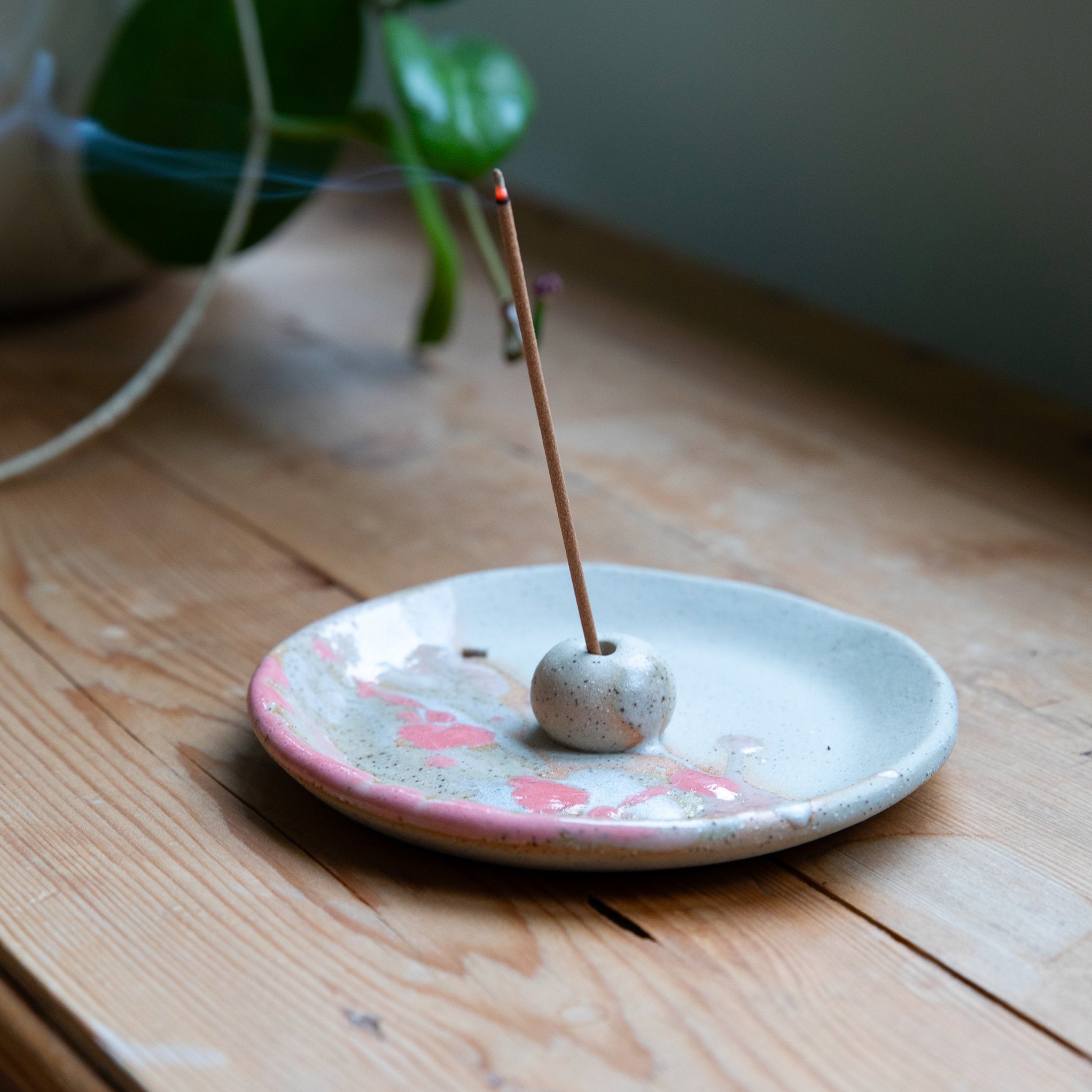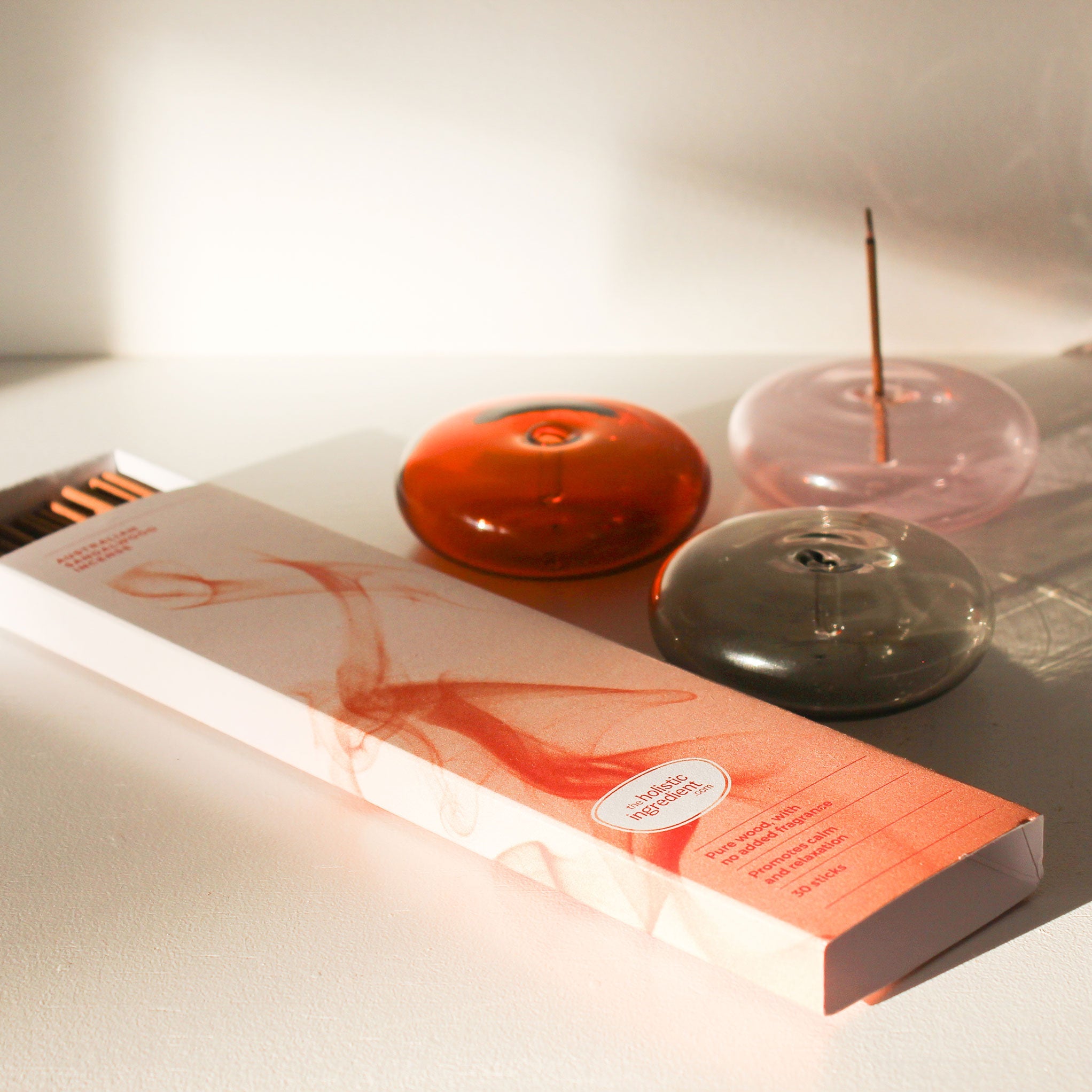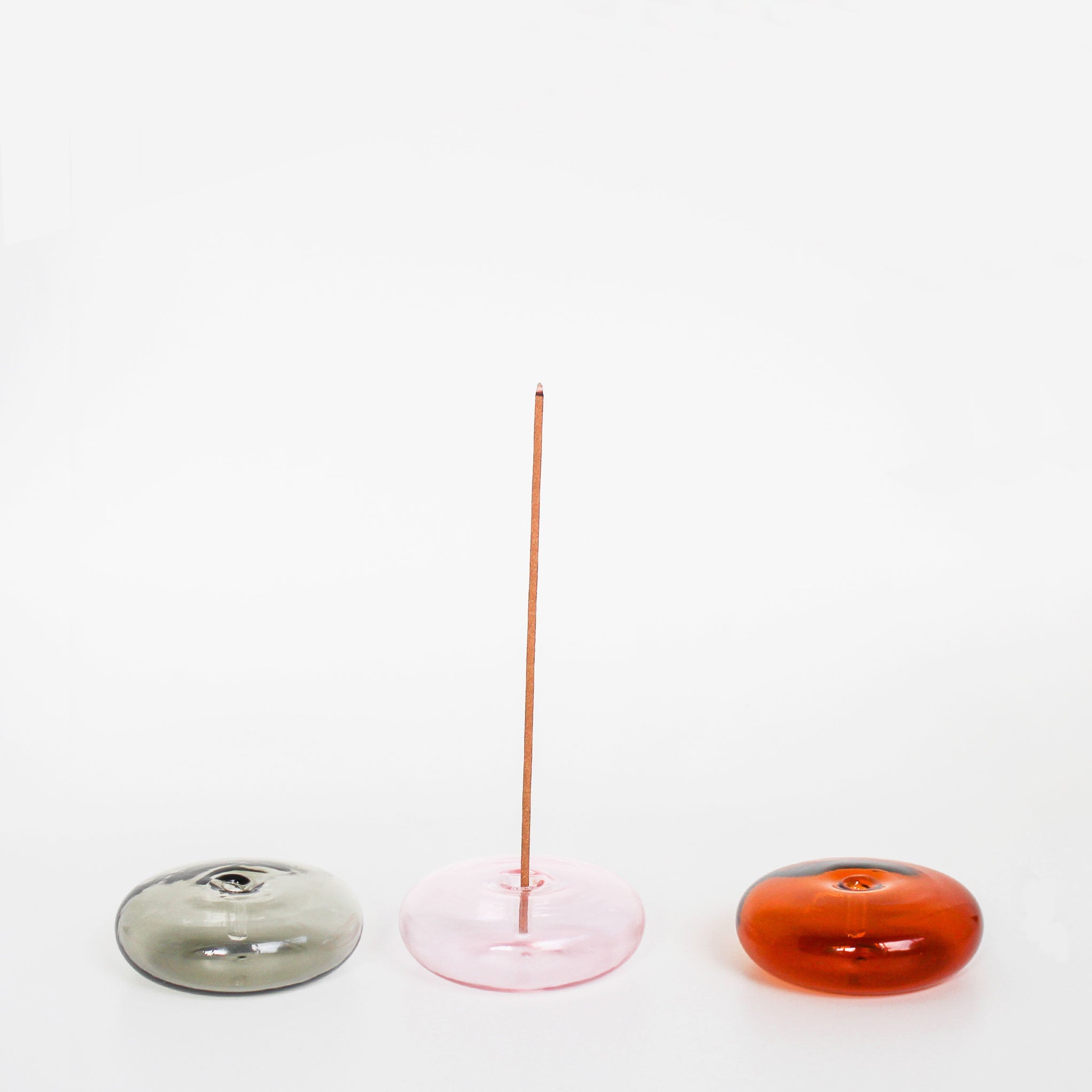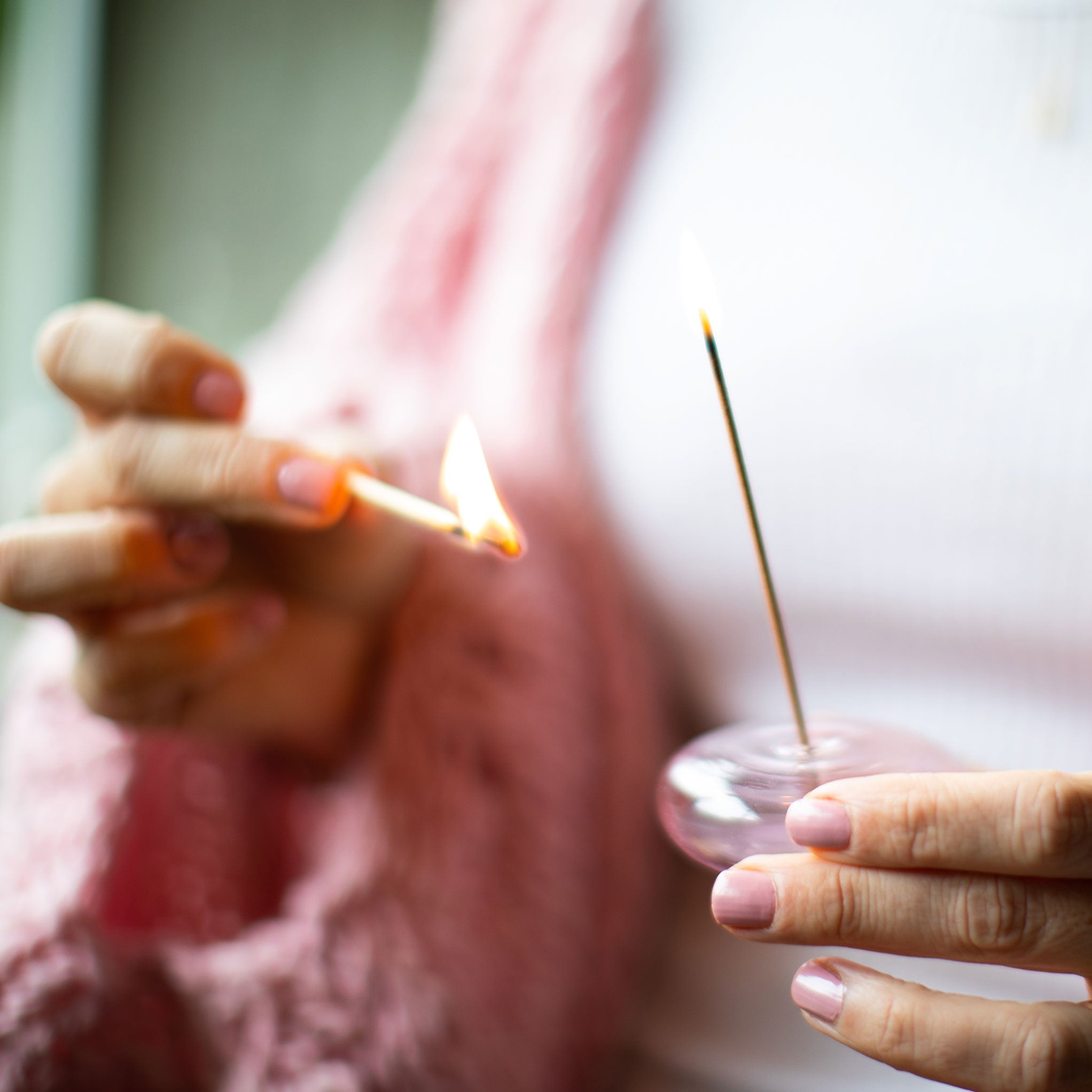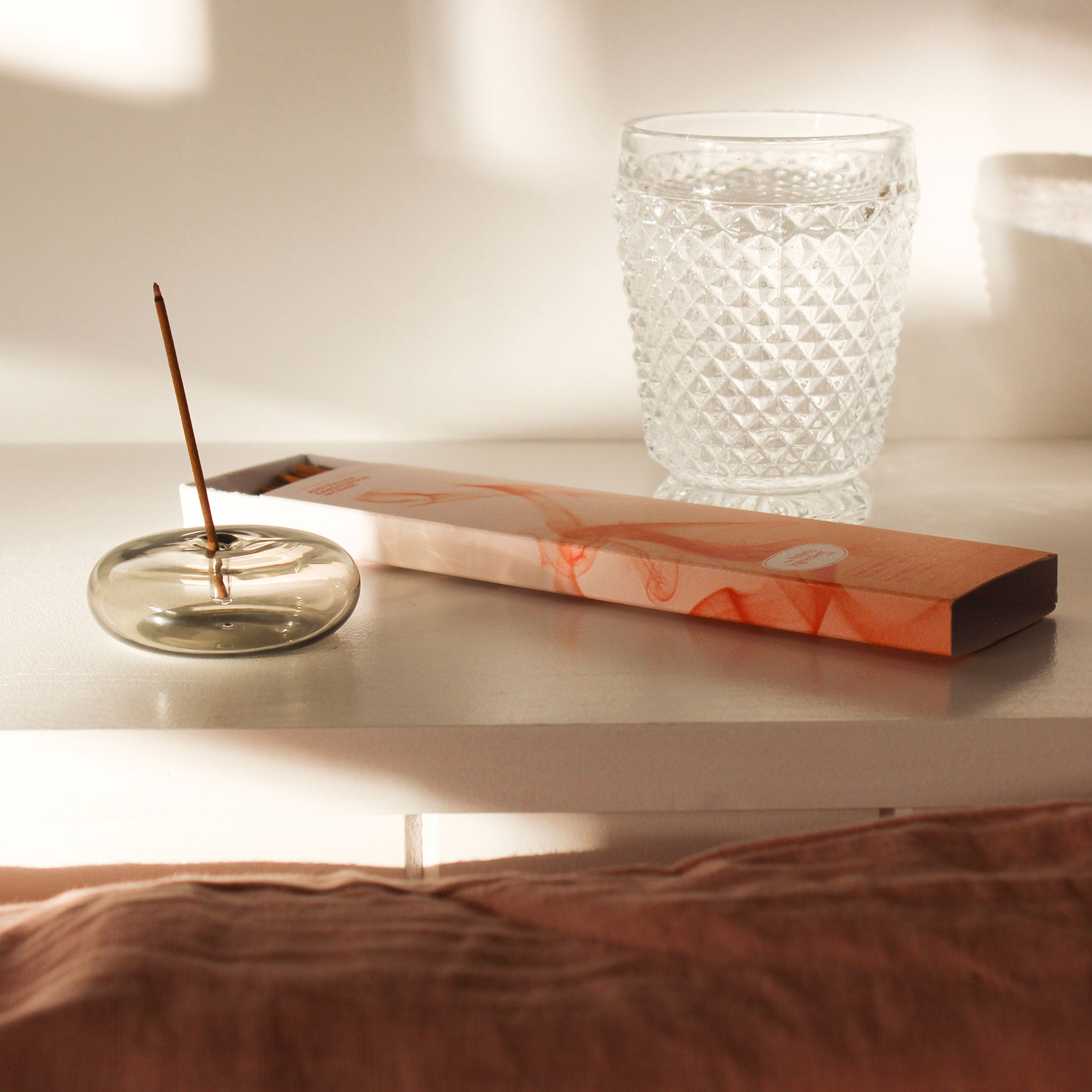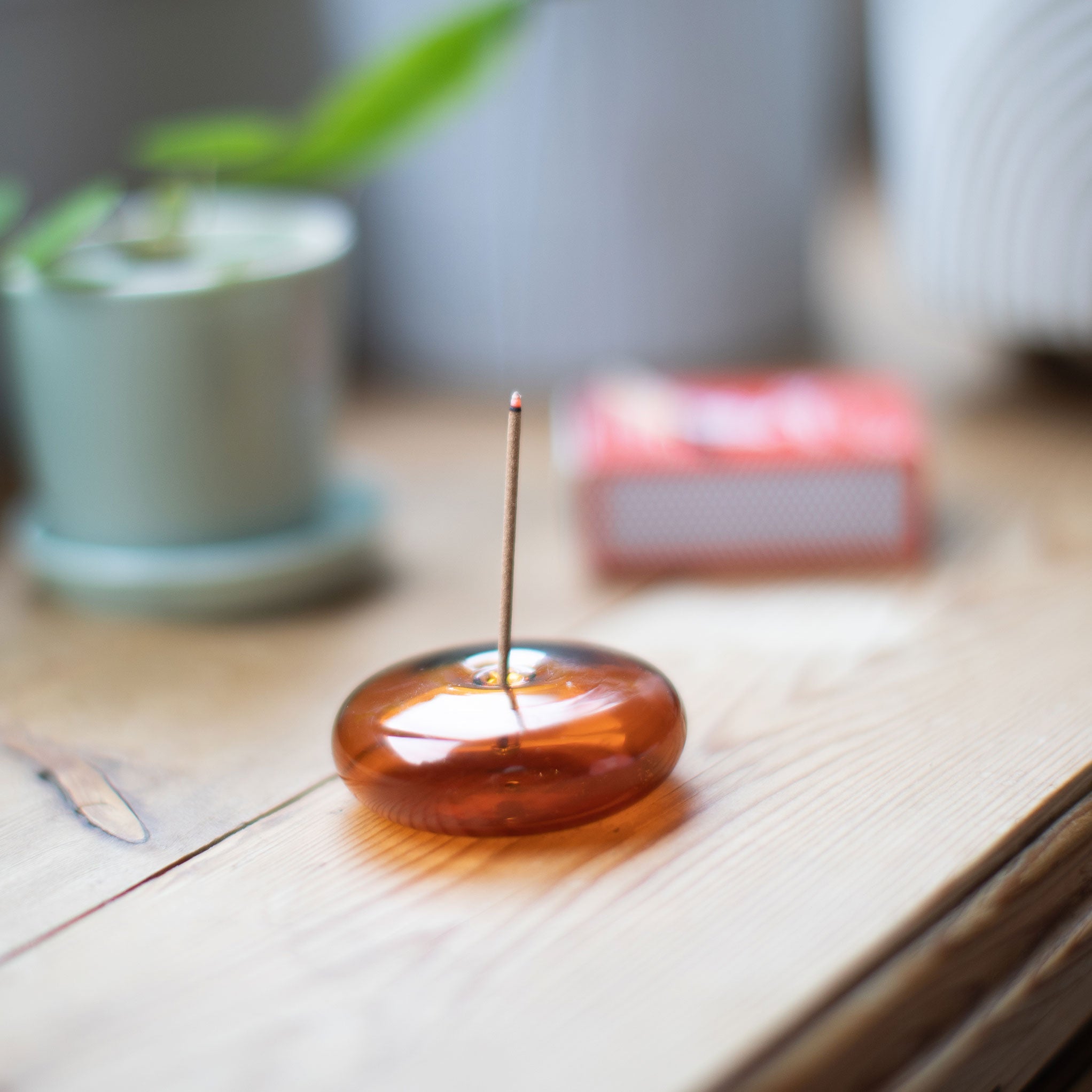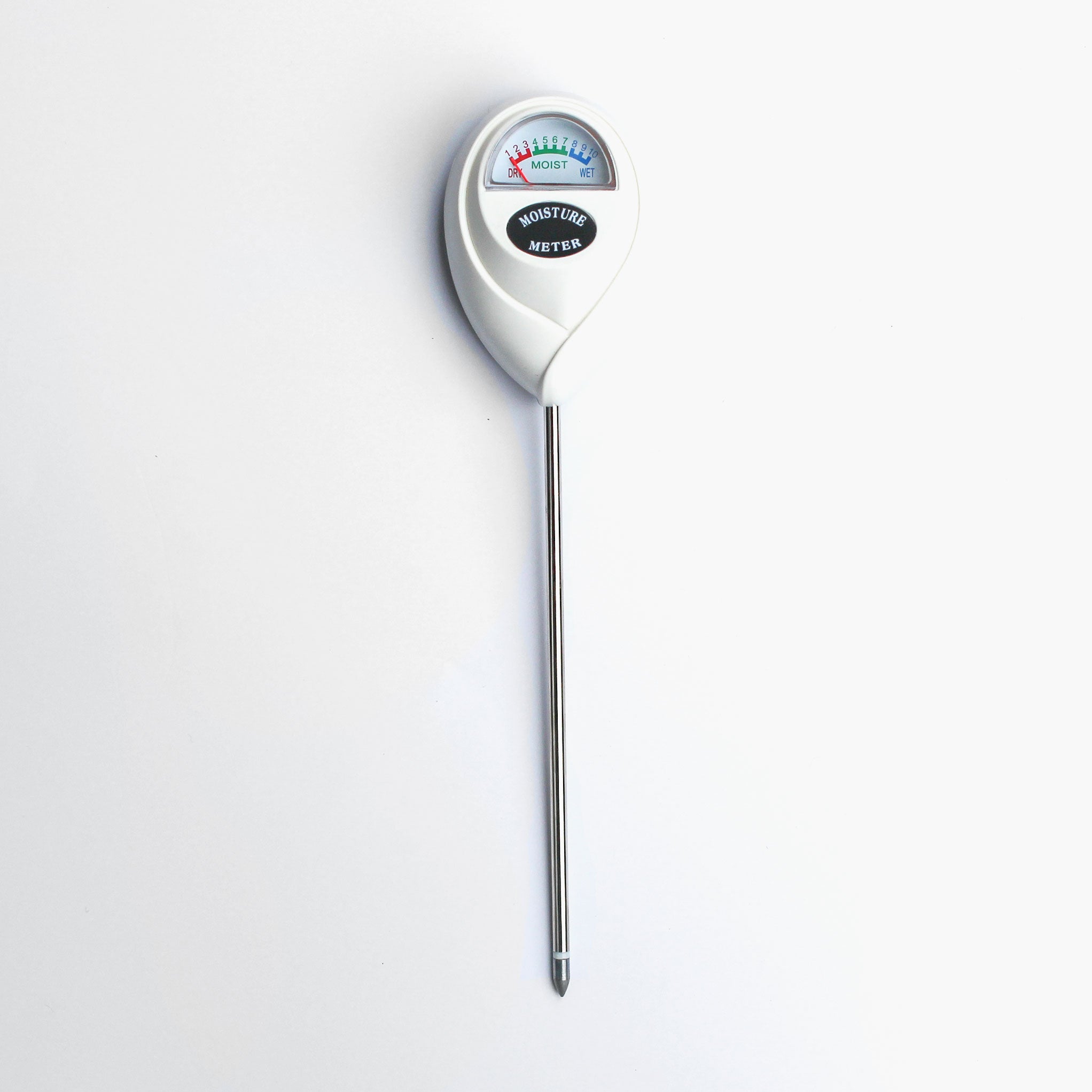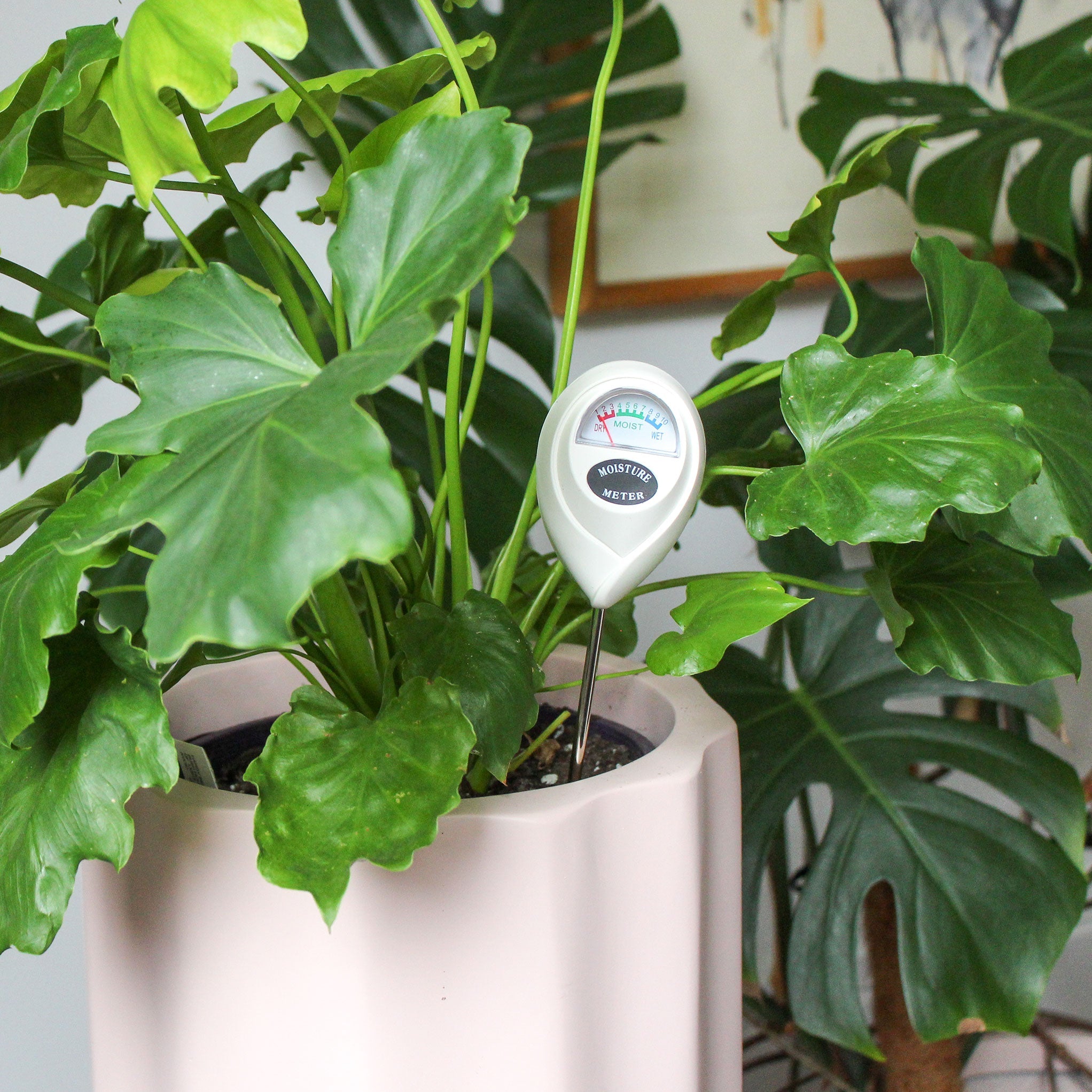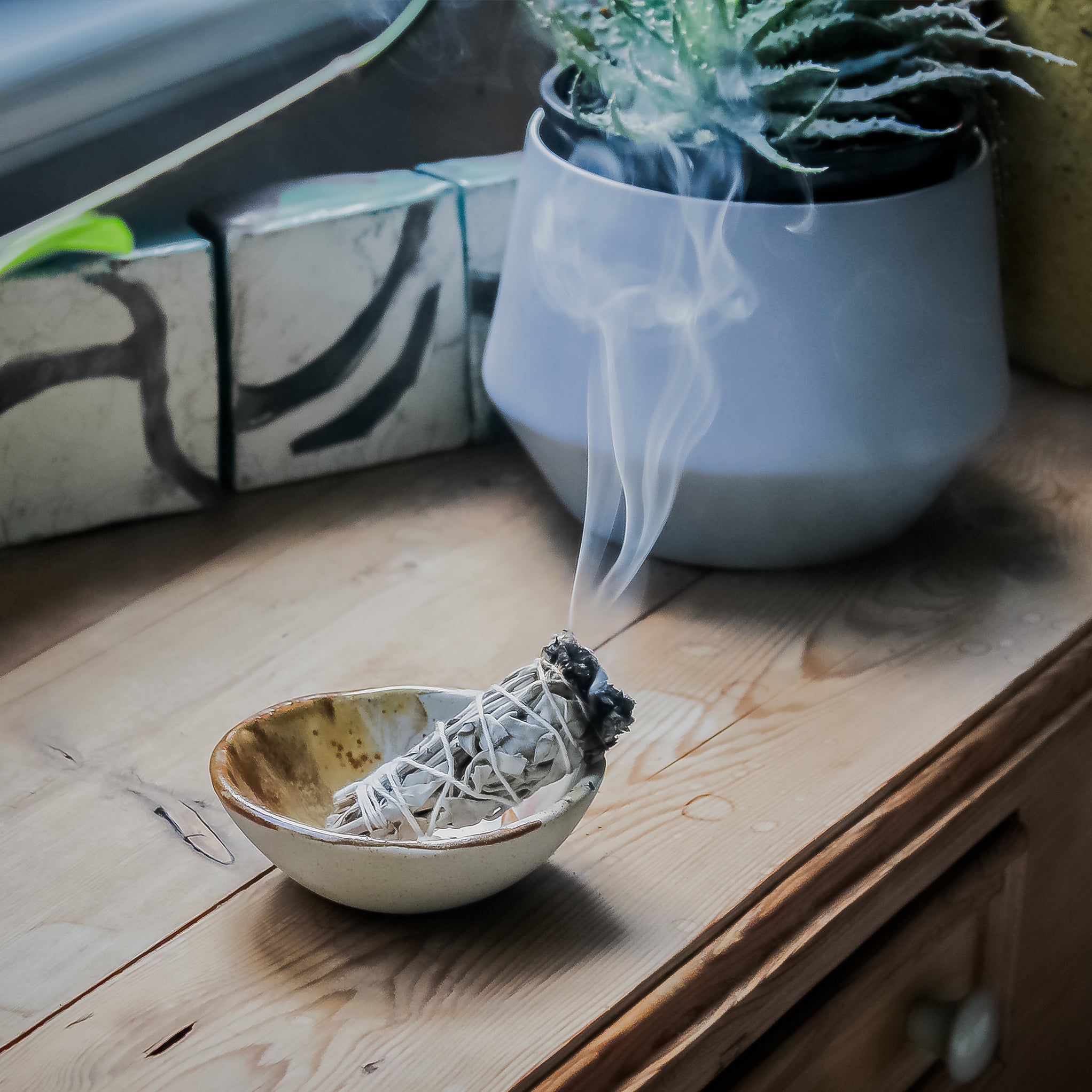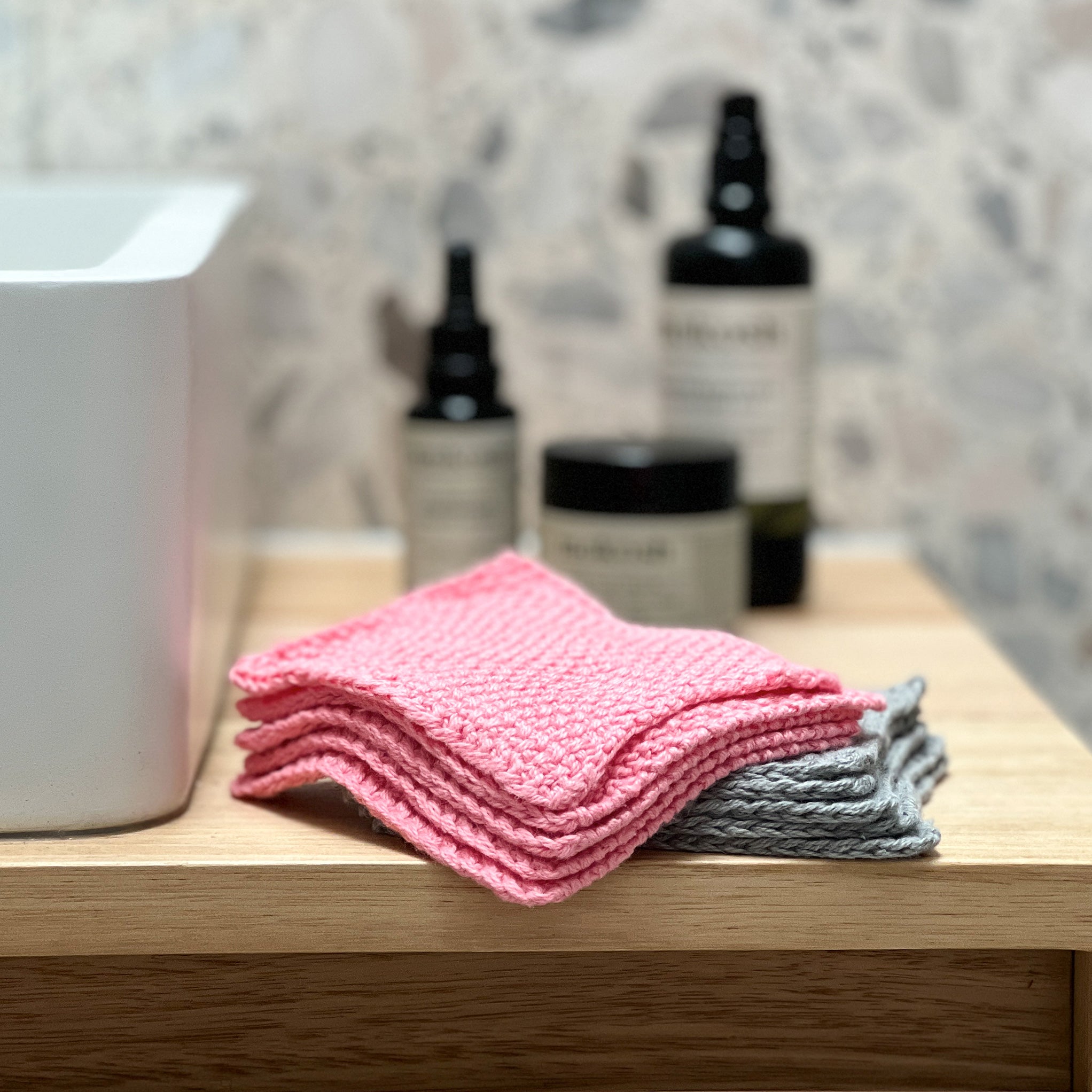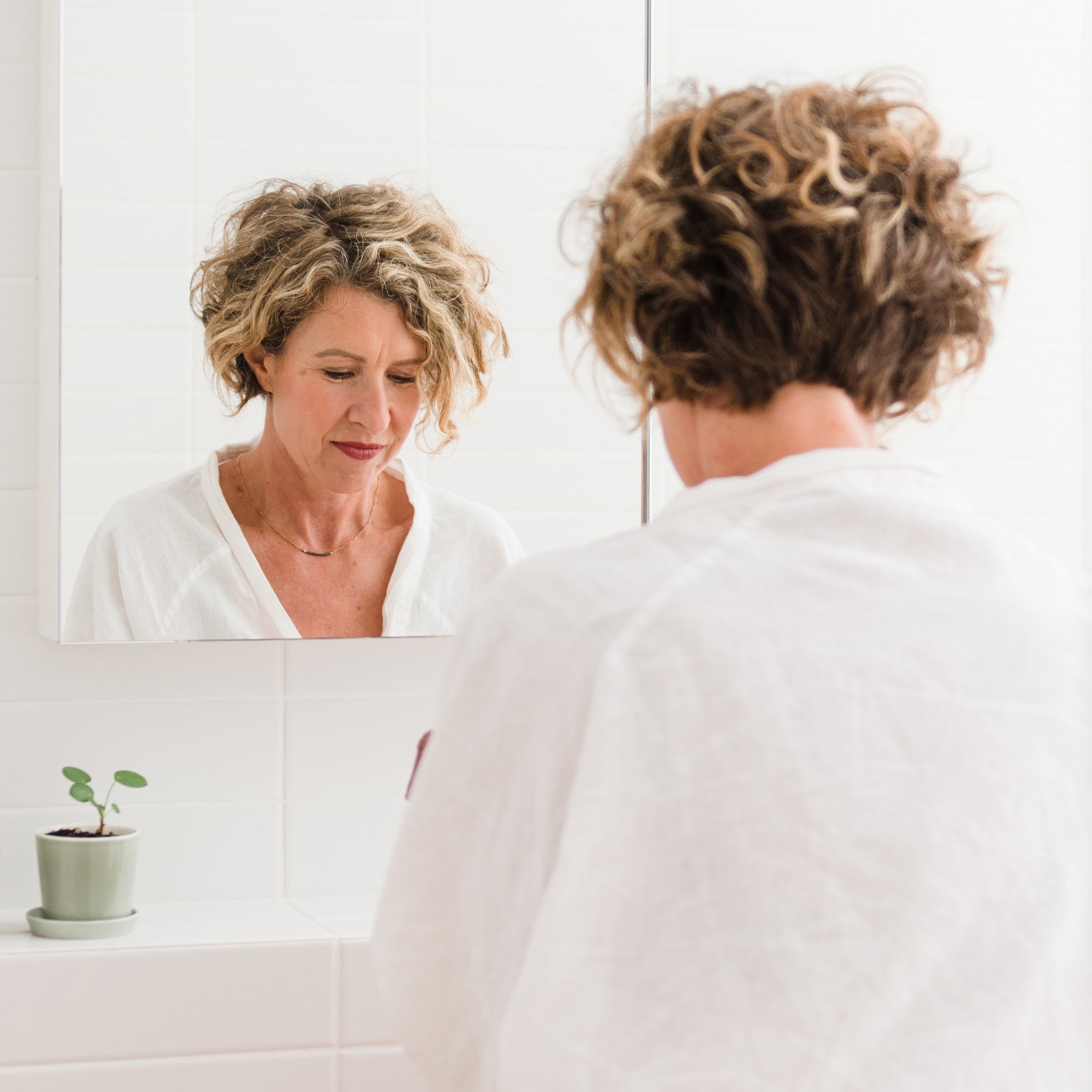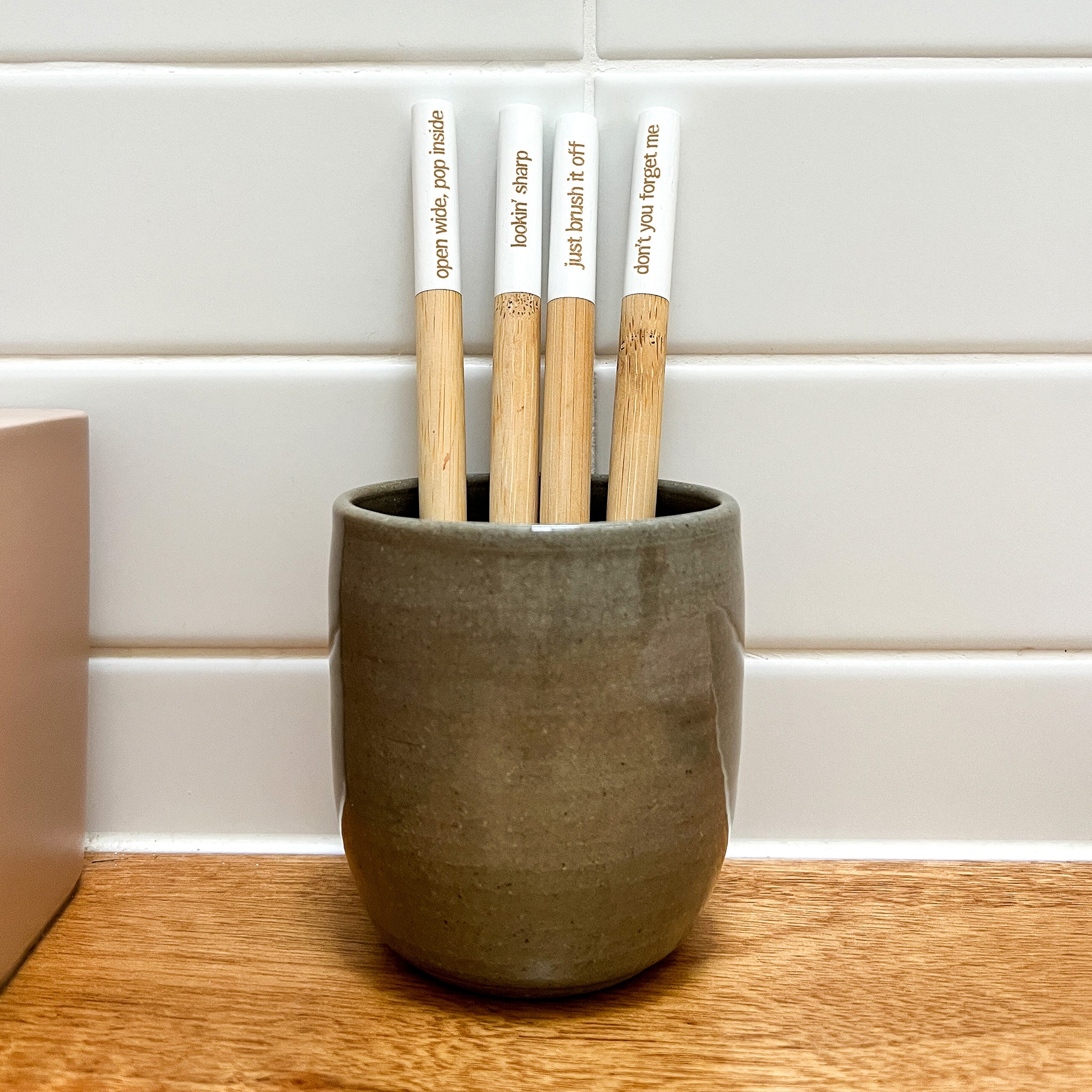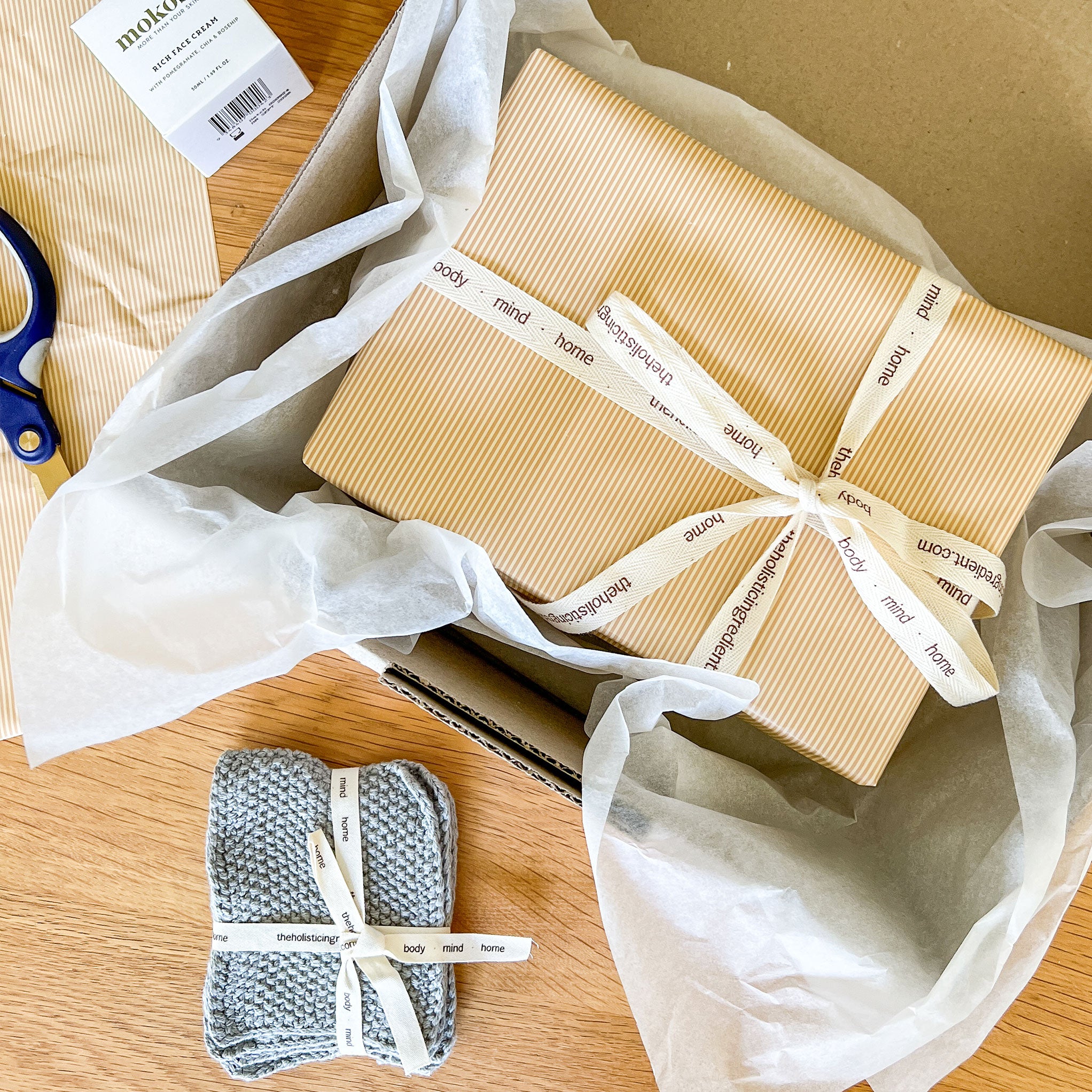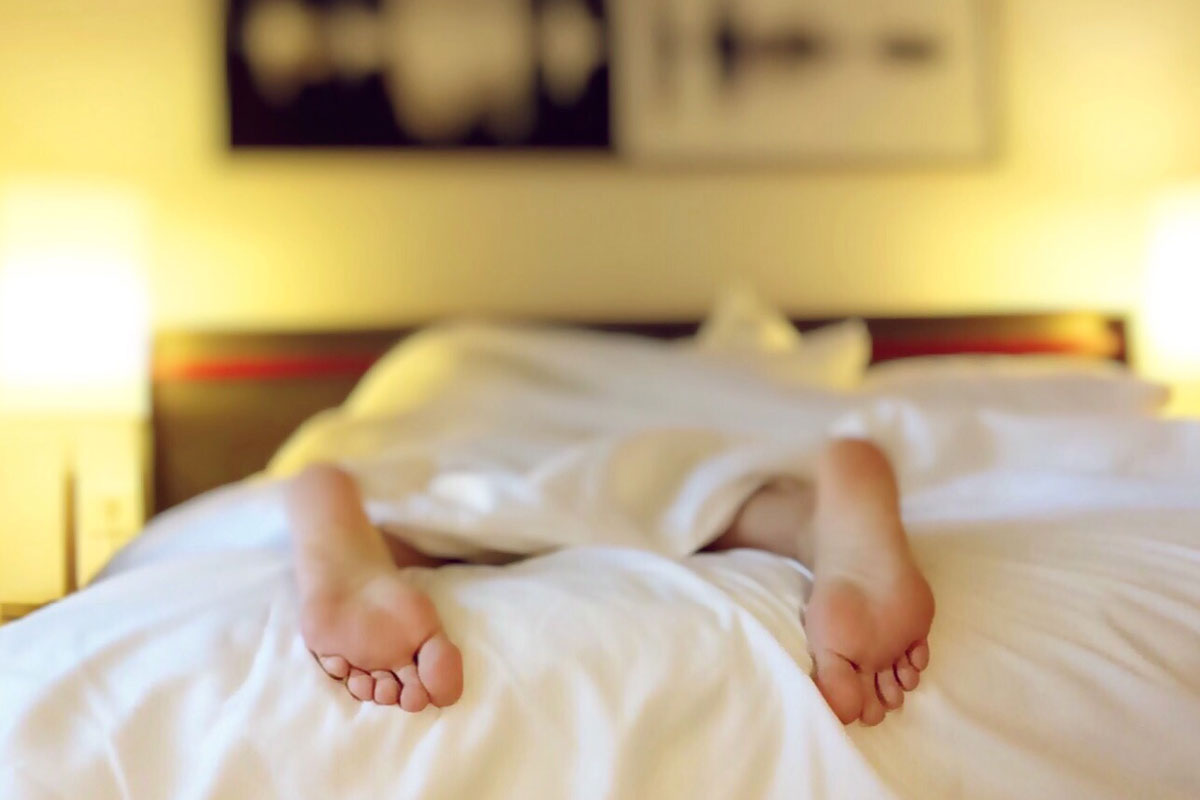
Insomnia, what an awful curse it can be. According to the clients I see in my therapy practise each week, it's a far too common affliction. Personally, lack of sleep leaves me feeling like a rabbit in headlights - weirdly anxious with great difficulty concentrating and brain fog to boot. For this reason, maintaining good sleeping habits is pertinent for a happier, more relaxed and productive me. I've come to understand that getting to bed at a decent hour is well worth being a little rigid about.
Last week we spoke about the significance of making the bed (how have you gone with this? Have you instilled the habit if not already?).
This week I'm here to make sure that you are also prioritising your sleep. Here's 8 tips to help you develop better sleep habits.
1. Go to bed at the same time every night.
Your body clock - it's worth paying a little more respect! It markedly affects your life, every day remembering when it’s time to sleep or wake up. Together with your hormones, this clock plays a big part in controlling when you feel tired - so if you want the luxury of falling asleep on cue, make sure it’s the same time each night.
2. No technology prior to (or in) bed.
Oh the old "I'll just quickly check Instagram/Facebook/Pinterest" trick! It snares the best of us I know!
We’ve talked previously about the importance of no technology in your bedroom - we all know it needs to be kept to a minimum, if at all. Easier said than done though hey, particularly with your phone. For many the phone has become the alarm clock, for a start.
Your body has what’s known as a circadian rhythm, a biological cycle of body processes that helps it know when it’s time for each part of the day. Screen glare resets this, tricking your body into thinking it might be morning. So, where possible switch your screens off at least an hour before bedtime, and consider reverting to your old alarm clock.
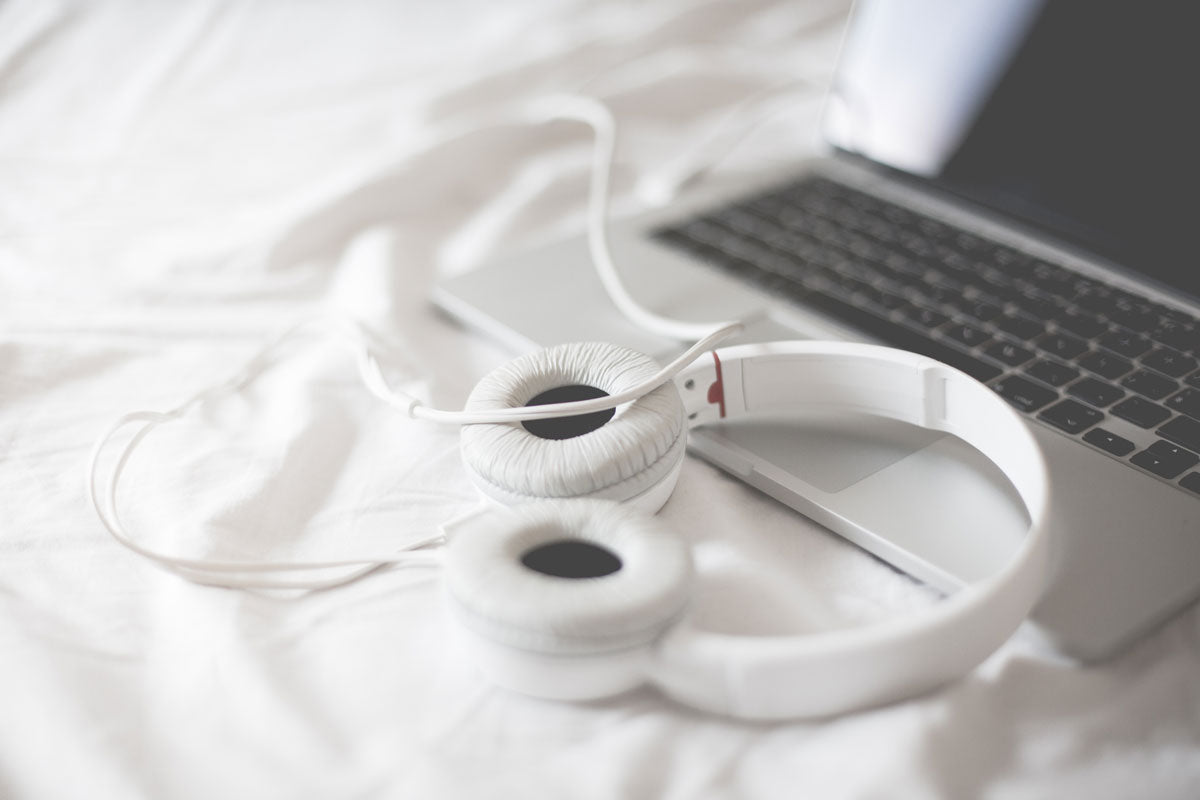
3. Get 8 hours sleep (on average!).
Studies show that adults require 8 hours of sleep per night, and teenagers a little more (1). Each minute less you get actually has a cumulative impact on your day (and week)(2).
Remember your parents telling you each hour before midnight of sleep is worth two after? Because of our circadian rhythms you’re going to get the most natural and refreshing sleep the earlier you lie down.
The best time to lie down according to science is 10pm – 11pm, but due to our circadian rhythm, the more time before midnight the better.
4. No food before bed.
Lying down after eating can cause acid reflux and heartburn, and since your body uses energy to process food it’s much harder to relax enough to drift off. It’s recommended you don’t eat 2 hours before bedtime, or if you’re really hungry, go for small snacks rather than big meals.
5. No caffeine 4 hours before bed (at least!).
As much as I love coffee, I've a strict rule around it's consumption during the day. If you’re having trouble falling asleep lowering caffeine is a very good start. The Sleep Health Foundation recommends you don’t consume caffeine within 4 hours of hitting the hay, but if you’re still not sleeping well, try cutting it out after midday and monitoring the results.
My personal rule is 2pm, though it's rare that I have one past breakfast these days.
6. Exercise during the day.
A better night’s sleep is about day as well as night habits, and exercise is the best day habit to improve sleep quality. It also works two ways – a good night’s sleep greatly affects your ability to smash the treadmill and crush it at your RPM class. It’s recommended that you avoid working out 2-3 hours before bedtime though, as this can leave your nervous system feeling too wired for sleep.
7. Relax your body (properly).
Unless your body clock and circadian rhythm are on point, it can be difficult to calm muscles in your body and wind down thoughts enough to drift off. If you’re regularly spending hours in bed studying the ceiling, try daily meditation or a relaxation routine. Apps like Calm and Headspace can really help you to unwind too.
8. What to do if you can’t sleep.
If you can’t nod off after 30 minutes, the best-tested strategy is to get up, sit in a dark room until you’re tired again, then go back to bed. Yes, that means TV, Facebooking and eating technically aren’t recommended (unless you’ve trained your body to think so, perhaps!).
So, how about you? Do you have any tried and tested sleeping tips to share with the insomniacs or sleep deprived in the community? Feel free to share this post with those you know would appreciate some helpful tips!
1. https://sleepfoundation.org/how-sleep-works/how-much-sleep-do-we-really-need
2. http://www.helpguide.org/articles/sleep/how-much-sleep-do-you-need.htm

